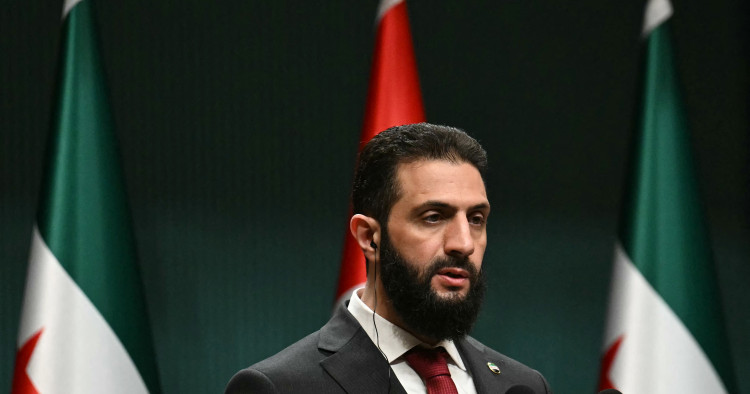Recent developments in Syria are causing surprise and confusion. In a bold move, President Trump and his administration acquiesced to requests from the Turkish and Saudi leadership and lifted most sanctions on the Ahmed al-Sharaa regime, his Salafist HTS movement, and Syria itself. It did so without conditionality, without much effort to understand the character, intentions, and capabilities of the new power in Damascus, and without a plan to use this windfall as leverage. A conventional American approach would have involved months of negotiations over conditions-based, step-by-step sanctions relief in which carrots would be doled out for good behavior or withheld for bad. Of course, getting a consensus in Washington behind such an approach, let alone negotiating it with the new Syrian regime, would have taken time, perhaps losing the moment. With a strong preference for bold moves and deals, the Trump team's attitude may have been to accede to the requests of the leaders of Turkey and Saudi Arabia, leaving it to them to sort out the details, so long as American corporate interests were not neglected as contracts got signed.
The Middle East Institute (MEI) is an independent, non-partisan, non-for-profit, educational organization. It does not engage in advocacy and its scholars’ opinions are their own. MEI welcomes financial donations, but retains sole editorial control over its work and its publications reflect only the authors’ views. For a listing of MEI donors, please click here.













